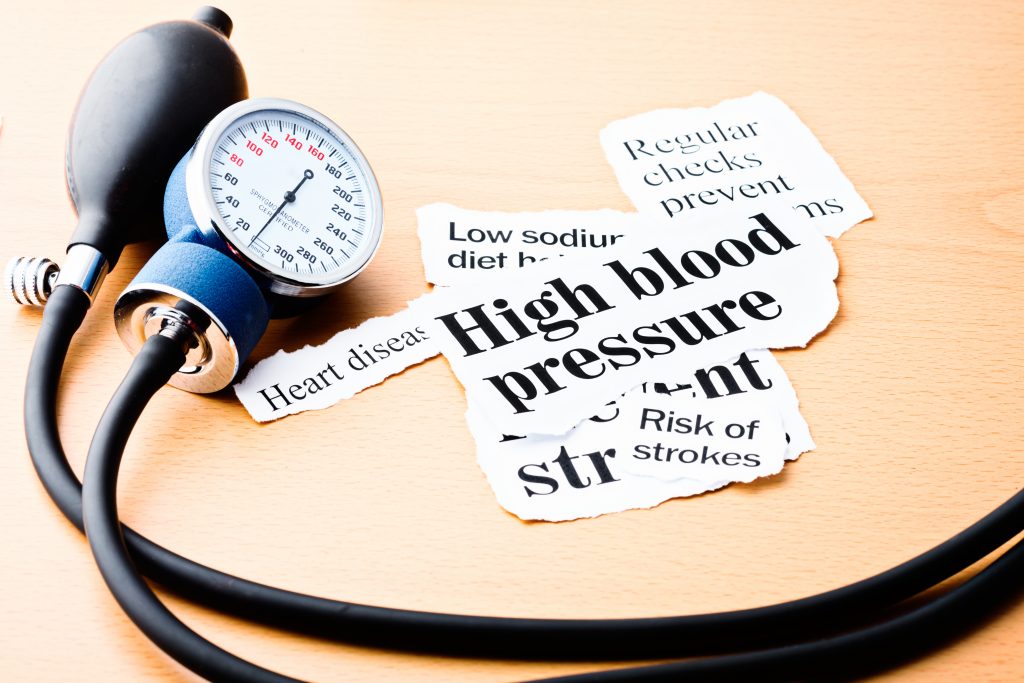
We do not fully understand how atrial fibrillation develops but there are many factors that increase the risk of developing atrial fibrillation during your life, examples of which are given in the table below. These include medical conditions like diabetes or renal disease in addition to diseases of the heart. It is important to treat these comorbidities to optimise the results of atrial fibrillation therapy.
In the past, the term “lone atrial fibrillation” has been used for patients who did not have any obvious risks factor or underlying conditions making them more prone for developing atrial fibrillation. However, there has been increasing evidence showing that a cause is present in all patients and hence, the term lone atrial fibrillation is confusing and should no longer be used.
| Lifestyle | Comorbidities / Other conditions |
|---|---|
| Alcohol abuse | High blood pressure / Diabetes |
| Obesity | Heart infarction / Coronary heart disease |
| Physical inactivity or excessive endurance sports | Heart failure or Heart valve disease |
| Smoking | Sleep disorders / Obstructive sleep apnea |
| Stress | Cardiac Surgery |
| Abuse of stimulants (including caffeine) | Thyrotoxicosis (hyperactive thyroid) |
| Pulmonary infection (lung infection) | |
| Congenital heart disease |

 Français
Français Deutsch
Deutsch Español
Español Italiano
Italiano Nederlands
Nederlands Polski
Polski Русский
Русский Svenska
Svenska Português
Português Hrvatski
Hrvatski Ελληνικα
Ελληνικα 简体中文
简体中文 العربية
العربية
